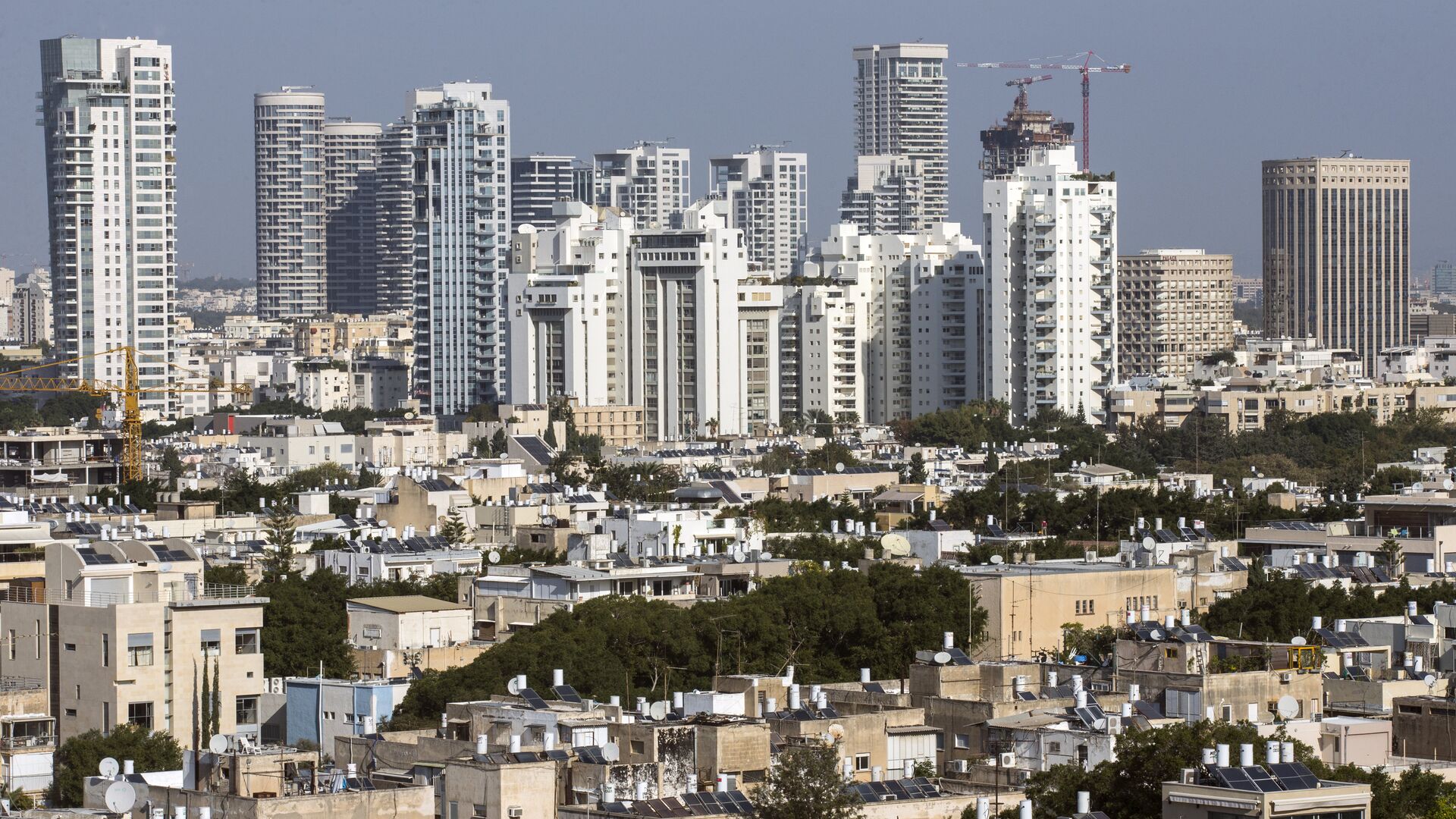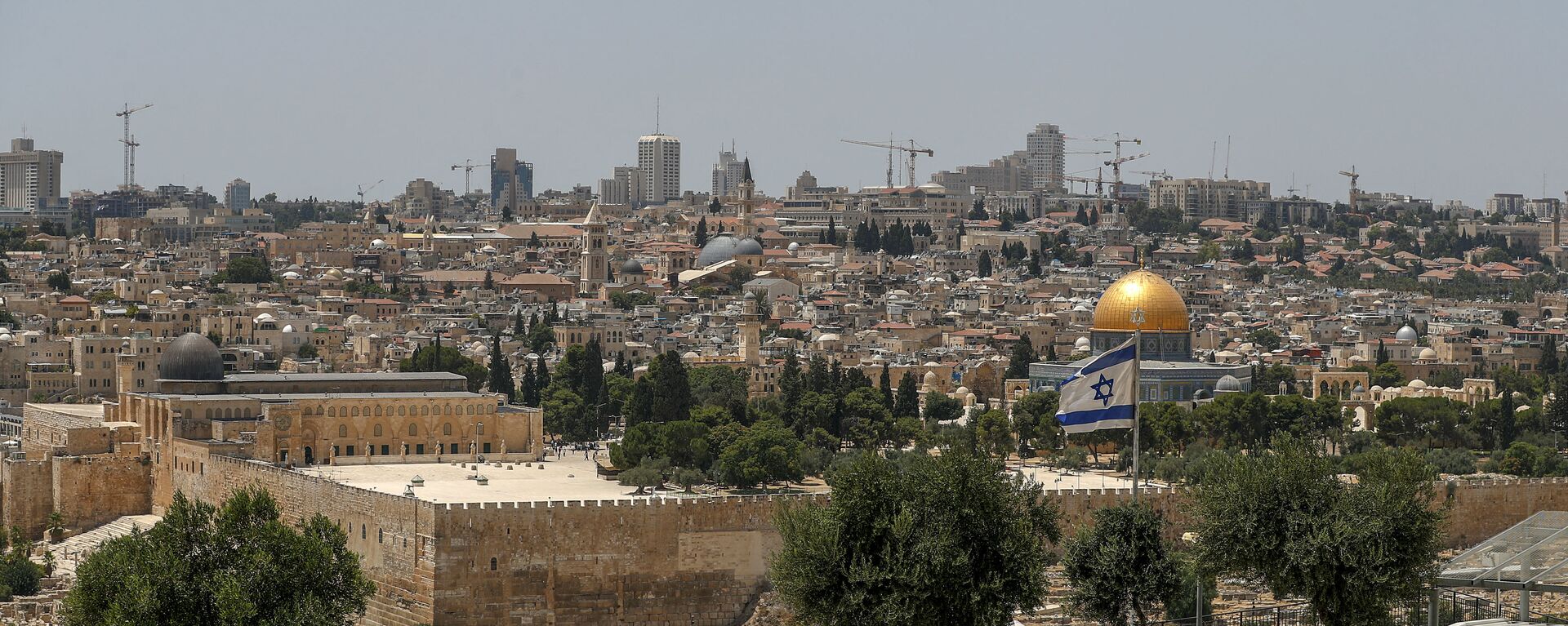It's been almost a month since Israel's operation in the Gaza Strip has come to an end. But for many Israeli businesses that were hurt during the eleven days of fighting, the scars are still deep.
In the beginning of the hostilities, the Manufacturers Association of Israel calculated that businesses of the south and centre have suffered an approximate $166 million in losses during the first three days of the operation. If that number is accurate the total damage would be estimated at nearly $400 million.
Damage to Businesses
Alex Porshevoi, the owner of a store specialising in delicacies in the southern city of Sderot, has felt those losses personally. Although his store was not hit by a rocket or its shrapnel, he says that the damage to his business was significant and it translated into a low stream of customers.
"Before the outbreak of the hostilities we had a steady flow of customers thanks to our high-quality products and good marketing. Then rockets started flying."
During the eleven days of hostilities between Israel and the Gaza Strip-based militant groups, more than 4,000 rockets were fired towards Israeli territory; 90 percent of those were intercepted by the Iron Dome missile defence systems. Others mostly hit open spaces or residential areas, causing major destruction and panic.
Sderot, which is only one kilometre away from the Gaza Strip, was one of the cities that were hit hardest. In a city where residents only have 15 seconds or less to seek protection in bomb shelter when alarms were sounded, the threat of a barrage of rockets meant that many preferred to stay in doors to going out to buy food.
"People were afraid to leave their homes. Employees refused to come to work. Roads were empty, windows were shut. Many bought canned or frozen food from big supermarkets. Then they stored it because they simply didn't know when they’d next have the chance to go out shopping," Porshevoi recalled.
It's not that the residents of Sderot have not seen this before. Ever since 2001, rockets emanating from Gaza have become an integral part of the south's reality. Since Hamas, an Islamic group considered a terrorist organisation by Israel, took over the Gaza Strip in 2007, the situation has only gotten worse.
But Porshevoi says many people have become used to that reality. At times, when hostilities flared up and the city was facing dozens of rockets emanating from the coastal enclave, many Sderot residents were largely indifferent and life in the area oftentimes continued as normal.
This time around, however, the intensity and magnitude were different, and that disrupted the city's daily routine.
Not Counting on Compensation
Nevertheless, the Home Front Command refused to treat the situation as extremely dangerous and give the residents of the south an explicit order to shut down their businesses due to tensions.
The practical ramifications of that were that business owners could not count on the state for assistance. Nor could they ask Israel to compensate them for the losses they had suffered.
According to that initiative, business owners could ask for compensation if they managed to prove that their employees didn't show up for work, if their income had been dealt a blow, or if their building was damaged.
Although that plan was supposed to become operational immediately, Porshevoi says he is still waiting for that compensation. Chances that he will end up getting it are low.
However, Porshevoi says that despite the hardships, he is not planning to leave Sderot and relocate to another location.
"Many people think that we live here because the state offered us benefits," he said referring to lower housing prices and other boons that were given to attract residents.
"The reality, however, is different. I live here because my entire family is from here. I have my roots in this area. I have my history here and I am not planning to leave."
"Plus, the last round of hostilities taught me that there is no such thing as a safe place in Israel. Rockets can reach us anywhere, so there is no point in running away."





